The macrocosm of the best Indian authors is a vigorous and diversified terrain that threads stories. That has a global appeal among readers. It stands out in the enormous fabric of world literature. Indian literature has had a lasting impact on the literary world. The early literary contributions of greats like Rabindranath Tagore. The modern voices of up-and-coming writers like Namita Thapar, Ashneer Grover, Kamlesh Patel, Deepak Bajaj, and many more. This composition takes the reader on a chronological tour. Delving into the works of great personalities, and upcoming authors. The deep cultural impact of India on the literary masterpieces that have molded this country’s story.
Historical Perspective
Indian literature traces its roots back to antiquity, with renowned works serving as pillars of timeless wisdom. These ancient writings showcase the depth of the Indian literary tradition. These ancient writings reveal the depth of Indian literary tradition. They also establish the foundation for many future storylines. Under British colonial rule, the impact of colonialism on Indian literature sparked a renaissance, with writers like Rabindranath Tagore emerging as symbols of resistance through their insightful works.
Rabindranath Tagore
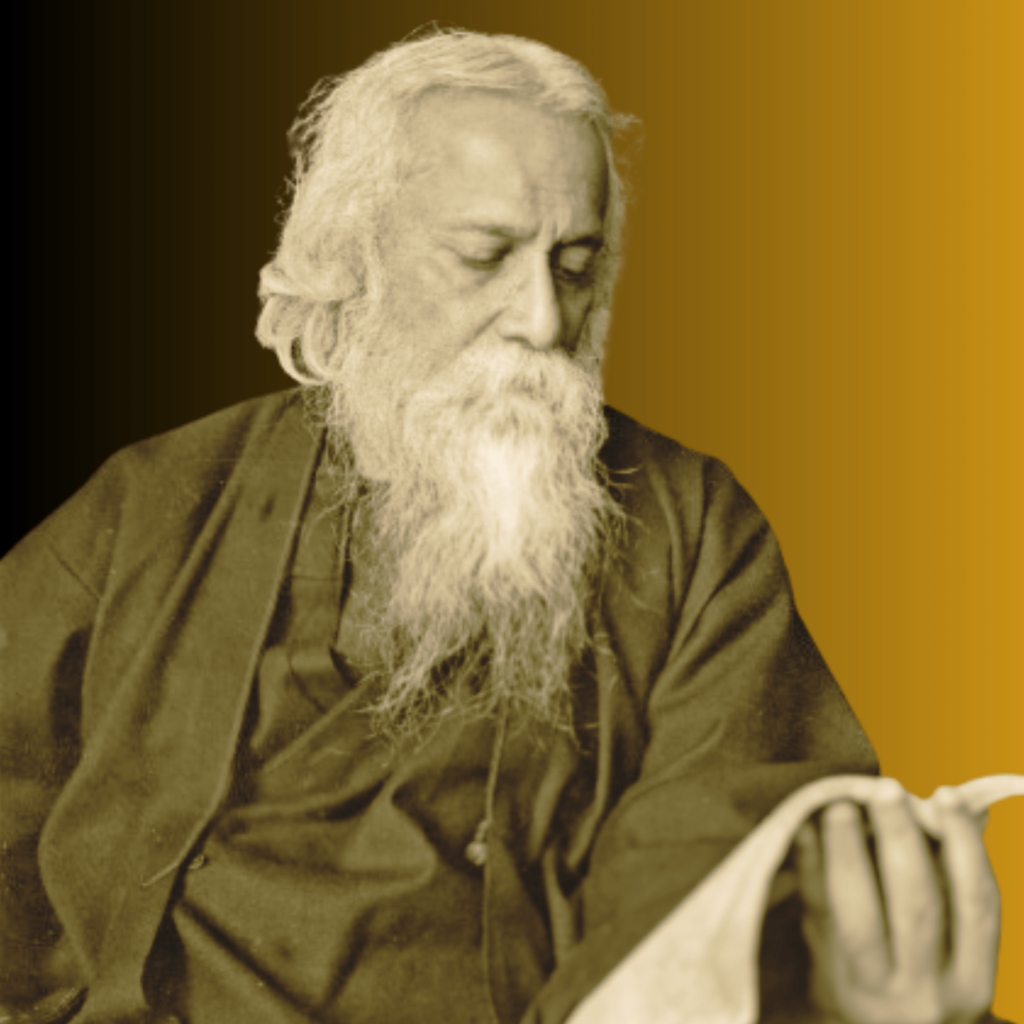
Rabindranath Tagore (1861-1941) was a versatile Indian polymath known for his contributions to literature, music, and art. Tagore was a poet, philosopher, and the first non-European Nobel Prize in Literature (1913). Created work that transcended cultural barriers and continues to reverberate internationally.
Tagore’s literary legacy is large and diverse, encompassing poems, short tales, novels, and dramas. His writing frequently delves into topics of humanism, spirituality, and the relationship between tradition and modernity. Tagore’s deep insights into the human condition have made a lasting impression on readers all around the world.
Here are Three Important Compositions by Rabindranath Tagore
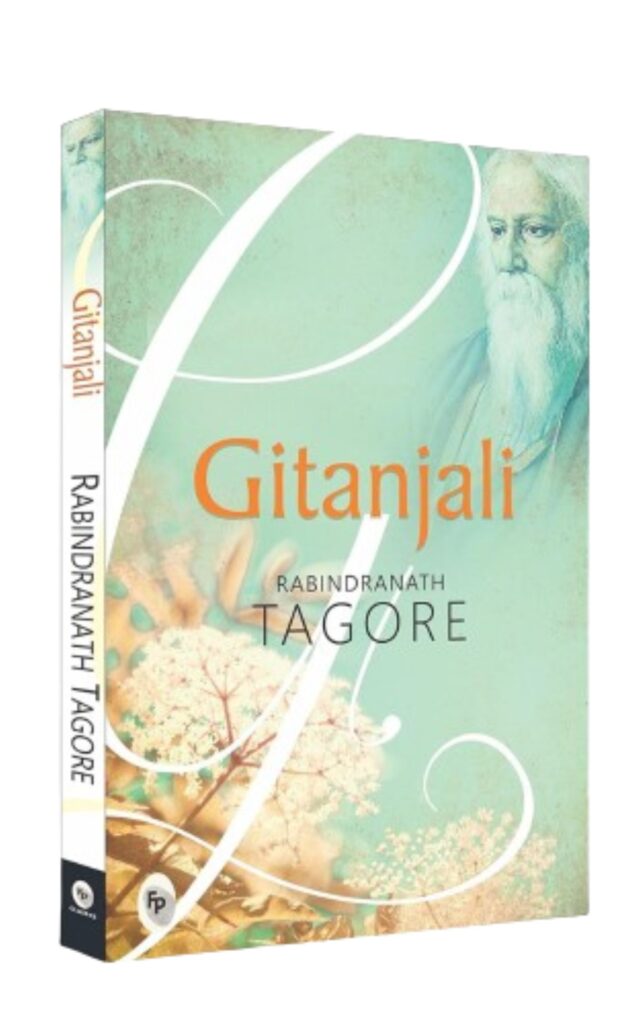
Gitanjali: This collection of poetry, for which Tagore was awarded the Nobel Prize in Literature. This is a spiritual and lyrical examination of the poet’s relationship with the divine. These profound words provoke thought, reflecting on the beauty of life and the world.
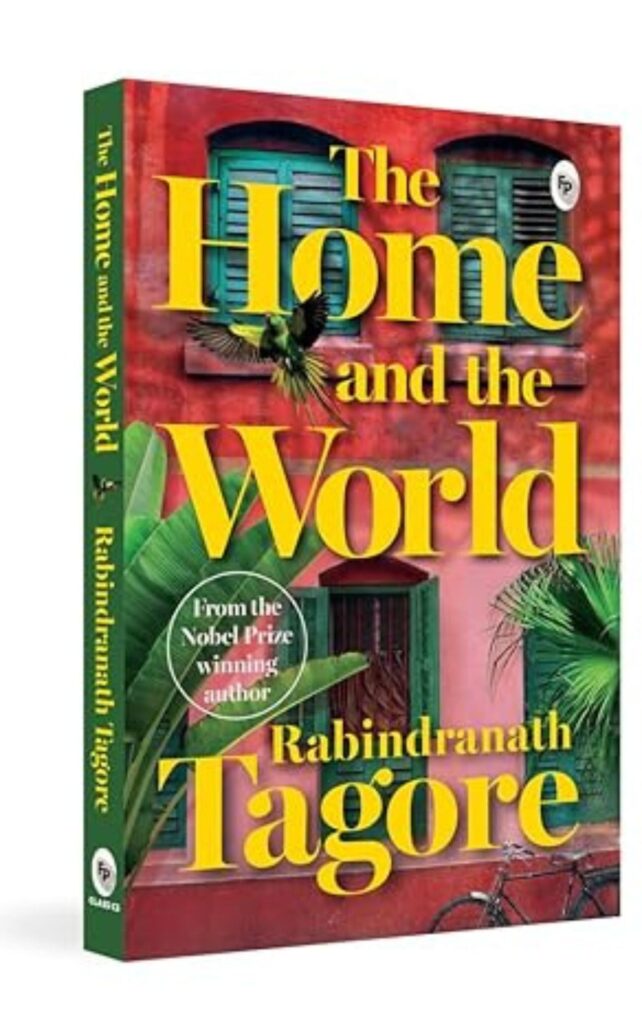
The Home and the World (“Ghare-Baire”): This novel is set in early twentieth-century Bengal. Explores the complications of love, nationalism, and personal independence. Tagore brilliantly crafts a tale that represents the sociological and political issues of the day.
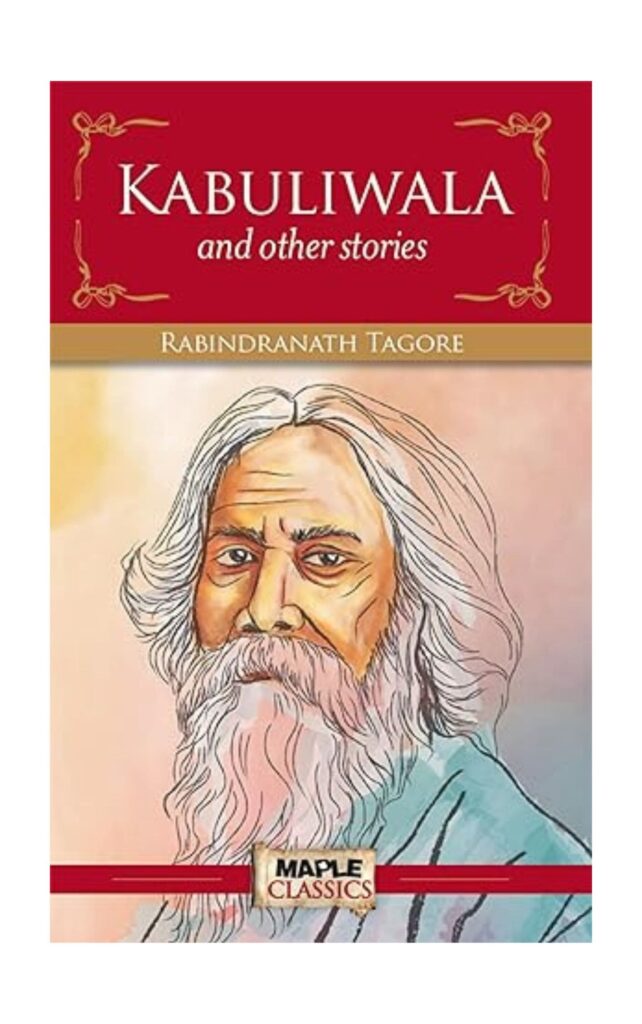
Kabuliwala: This is a moving short tale about the friendship between an Afghan dry-fruit trader young girl in Kolkata. The story eloquently portrays the universal concepts of friendship and human connection, which are cross-cultural and geographical borders.
Salman Rushdie

Salman Rushdie is a well-known British-Indian novelist known for his distinct writing style. Vivid imagination and ability to merge several genres fluidly. Born on June 19, 1947, in Bombay (now Mumbai), India. Rushdie rose to worldwide prominence with his novel “Midnight’s Children”. Which won the Booker Prize in 1981 and the Booker of Bookers in 1993 for the finest novel in Booker Prize history.
Rushdie is well-known for his novels that explore cultural identity, religious issues, and the junction of history and fiction. His writing frequently addresses the issues of postcolonialism and the conflict between tradition and modernity.
Book by Salman Rushdie
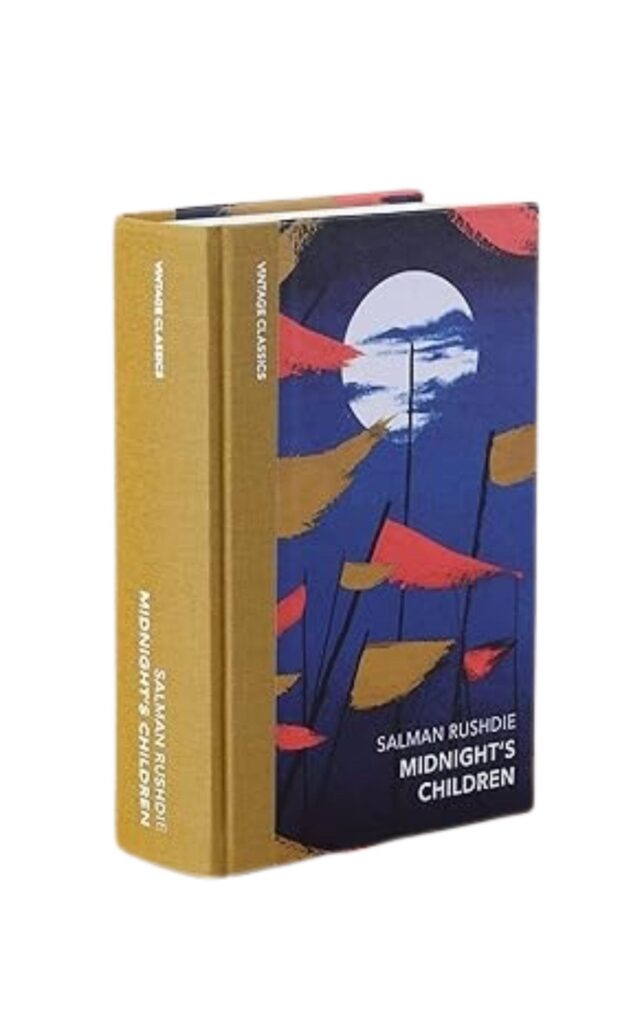
Midnight’s Children (1981): This work is a magnum opus that spans decades. Depicting India’s turbulent history through the perspective of Saleem Sinai, a youngster born at the very moment of freedom. The story combines magical realism with historical events to create an engrossing and unusual reading experience.
R.K. Narayan
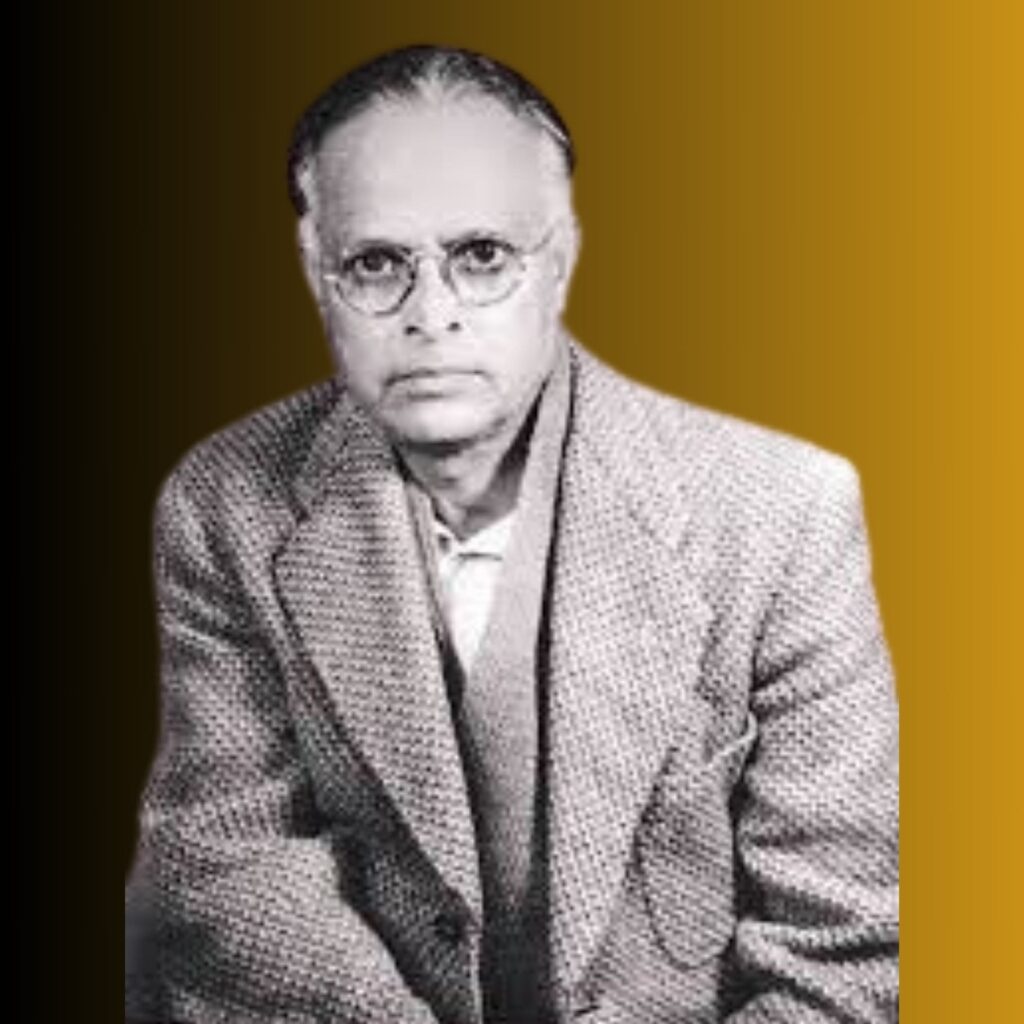
R.K. Narayan, born Rasipuram Krishnaswami Iyer Narayanaswami (1906-2001). Celebrated Indian writer noted for his outstanding storytelling and vivid depictions of Indian life. He is considered a key figure in Indian literature. Notably, his writings are set in the imaginary town of Malgudi.
Narayan’s writing style is distinguished by its simplicity, wit, and acute observation of daily life. His novels and short tales frequently focus on the intricacies of human relationships. The problems of modernity, and the confluence of tradition and change in Indian culture.
Books by R.K. Narayan
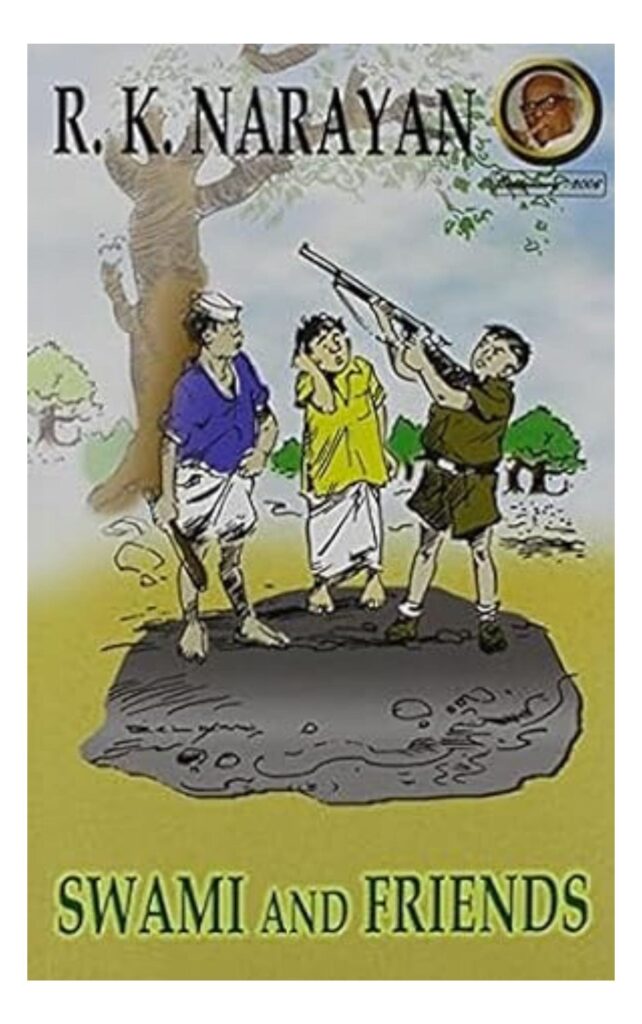
Swami and Friends (1935): Narayan’s debut novel, takes readers to the imaginary hamlet of Malgudi. Follows the exploits of a young boy named Swaminathan and his pals. It captures the innocence and wonder of children and also addresses social issues.
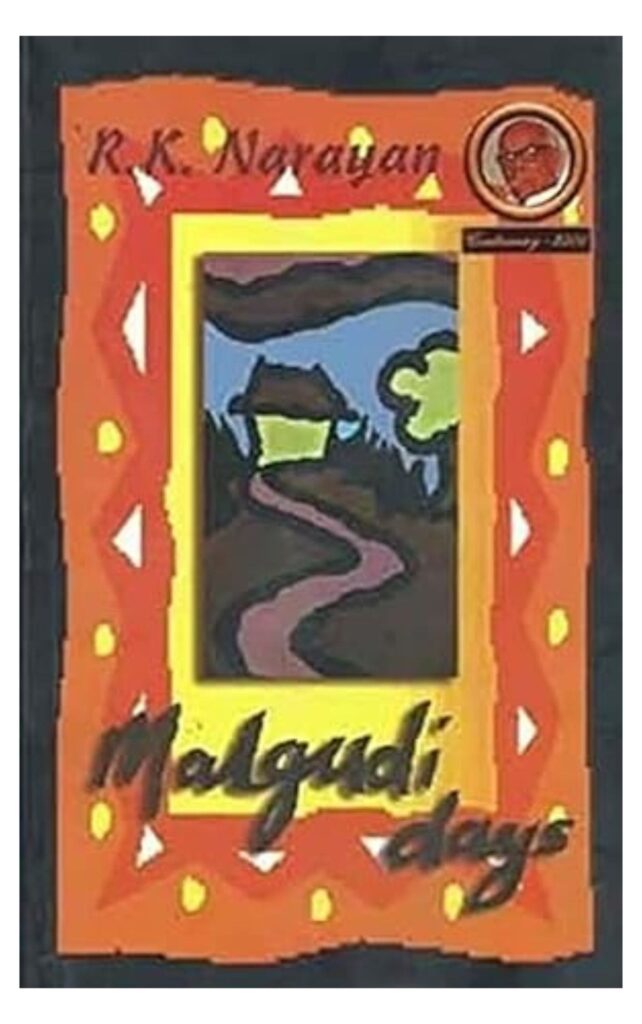
Malgudi Days (short story collection from 1943): Malgudi Days is not a novel but rather a collection of short stories. These stories provide a charming glimpse into the lives of various individuals in the fictional village of Malgudi. Each story is a treasure, demonstrating Narayan’s narrative prowess and ability to capture the spirit of Indian life.
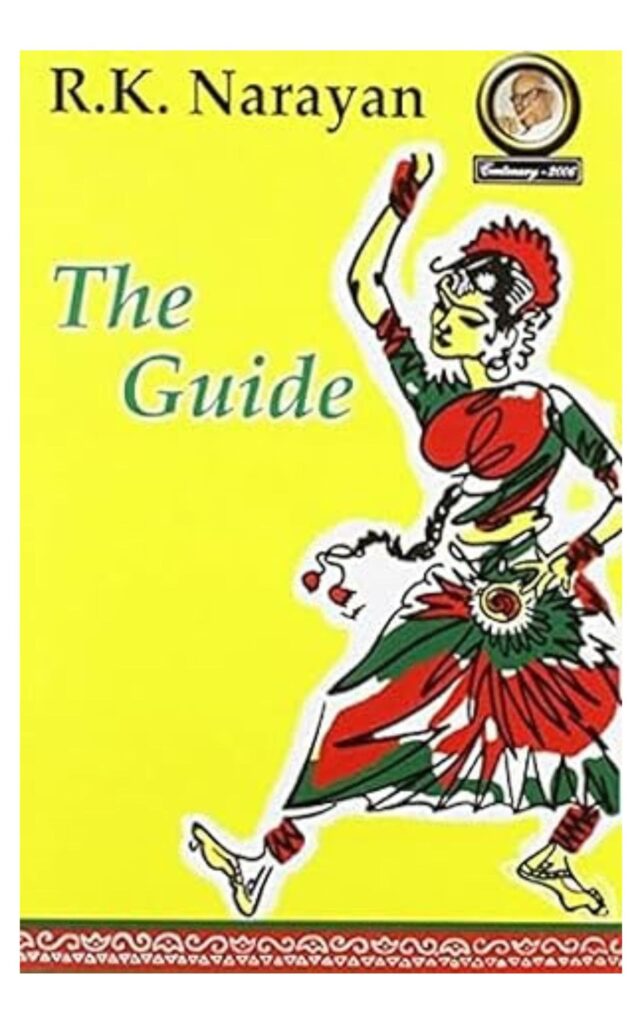
The Guide (1958): This novel, possibly Narayan’s most renowned, focuses on the character Raju, a tour guide, and analyzes the consequences of his decisions. The story incorporates themes of love, spirituality, and personal growth.
Mulk Raj Anand
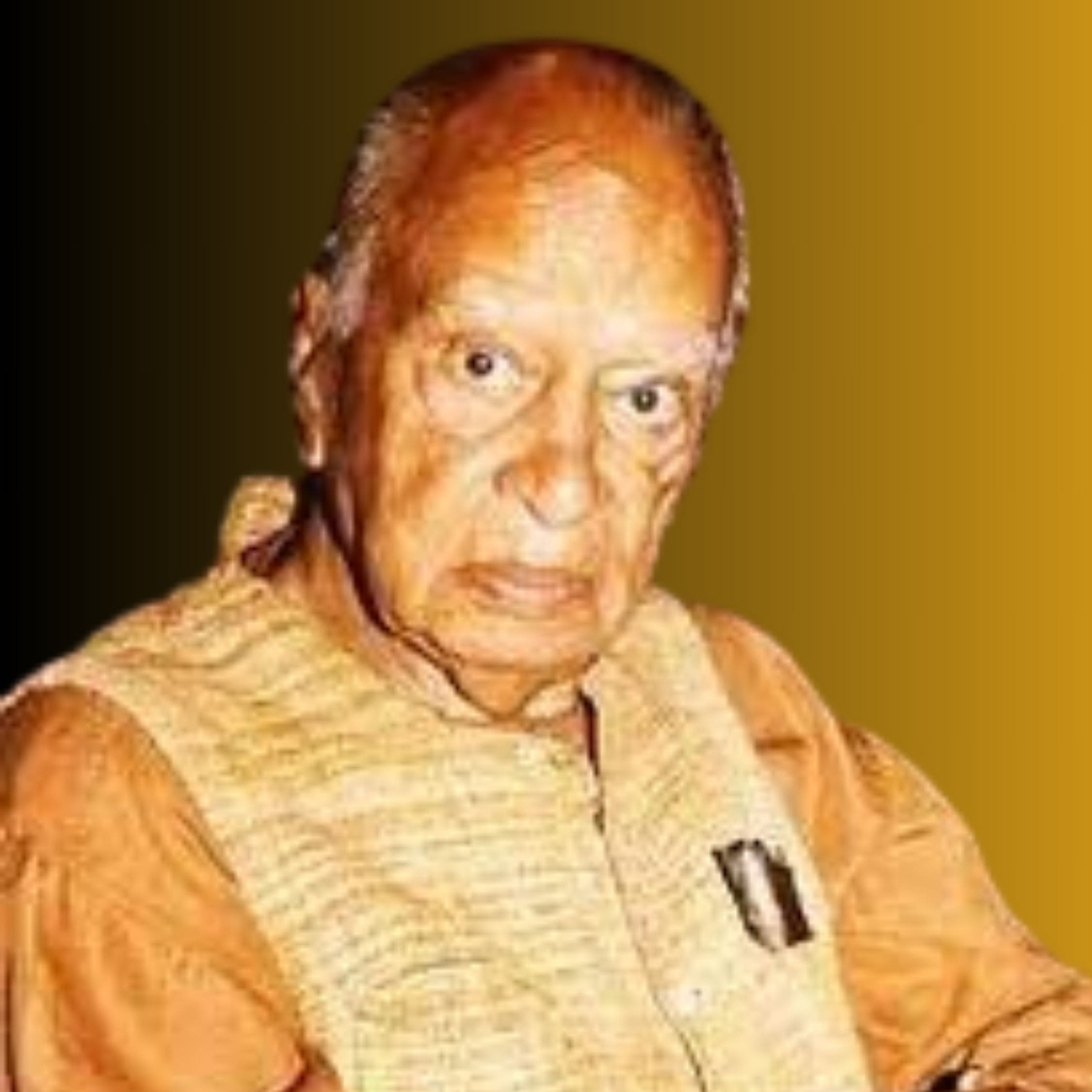
Mulk Raj Anand (1905–2004) was a well-known Indian writer who is largely considered a pioneer of modern Indian writing in English. Anand was born in Peshawar, British India (now Pakistan), and his works frequently addressed social and economic themes of the day, with a special emphasis on the lives of the marginalized and poor.
Anand’s work is distinguished by its profound empathy and thorough observation of human situations, which shed light on the terrible reality experienced by the oppressed. His narrative approach mixes a deep human description with a strong sense of societal critique, resulting in works that are both fascinating and thought-stimulating.
Notable Books by Mulk Raj Anand
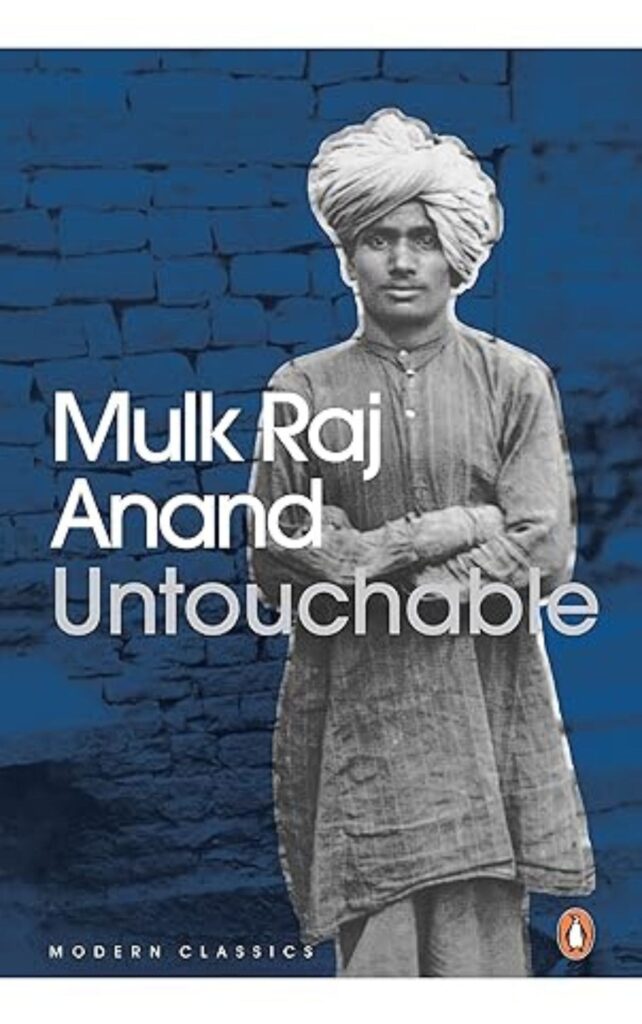
Untouchable (1935): Anand’s debut novel, “Untouchable,” is a stunning portrayal of the life of Bakha. A young Dalit (untouchable) man from India. The work reveals the degrading repercussions of caste prejudice and untouchability, providing a moving critique of societal injustice.
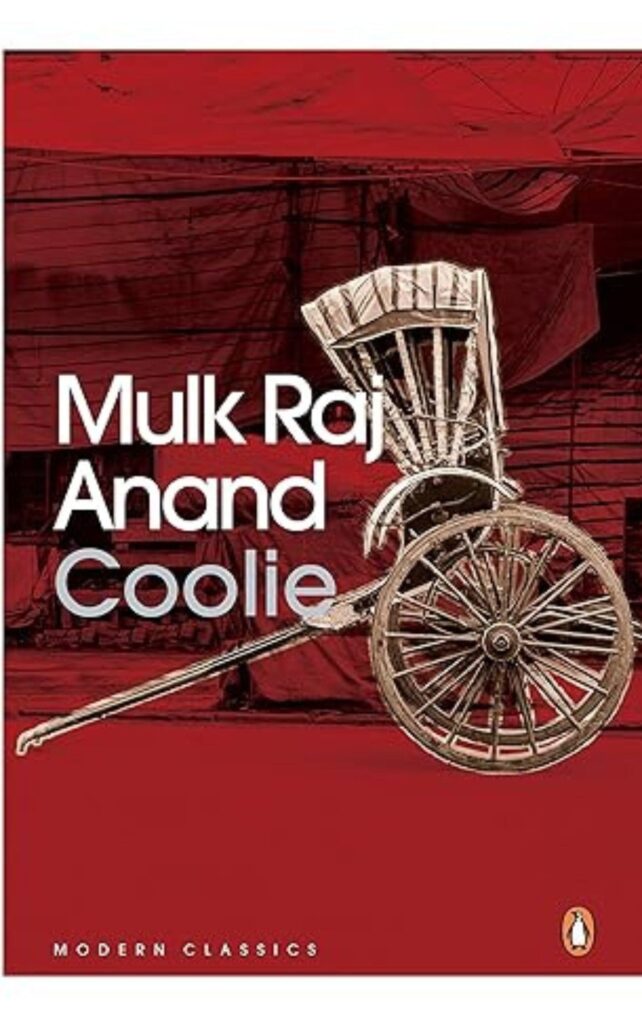
Coolie (1936): This novel explores the terrible experiences of Munoo, a poor youngster who becomes a coolie, or manual worker. Anand uses Munoo’s voyage to explore issues of exploitation, poverty, and working-class struggles in colonial India.
Arundhati Roy
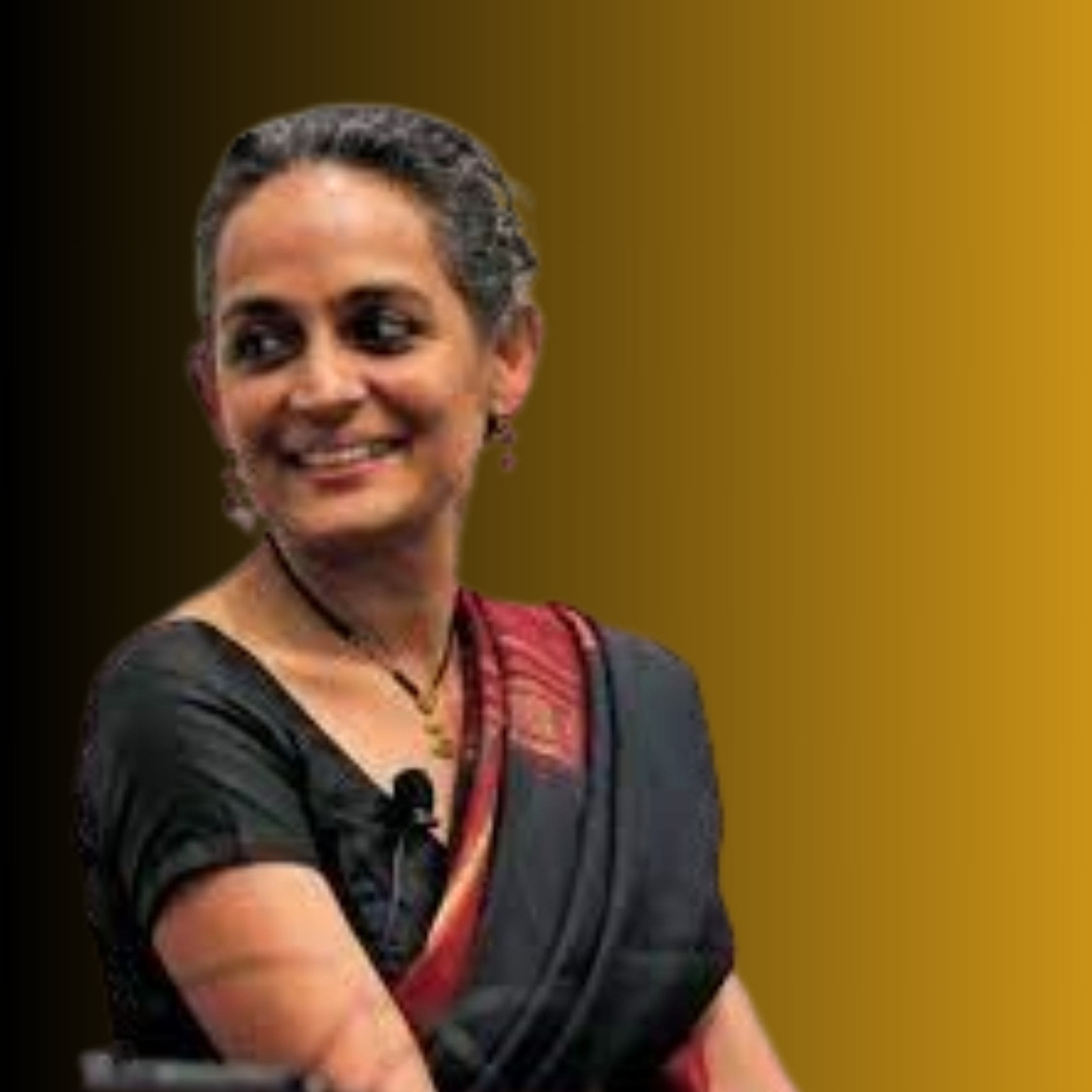
Arundhati Roy is an Indian novelist, activist, and essayist known for her forceful and evocative work. Which combines fiction with social and political commentary. Roy was born on November 24, 1961, in Shillong, Meghalaya, and rose to worldwide prominence with her debut novel. “The God of Small Things,” which won the Man Booker Prize for Fiction in 1997. This novel, set in Kerala, investigates issues of caste, family, and forbidden love against the backdrop of a political climate.
Aside from her creative endeavors, Arundhati Roy is a vocal champion for social justice and environmental issues. Her nonfiction books address problems such as global capitalism, nuclear disarmament, indigenous rights, and environmental action. Roy’s articulate and passionate voice has established her as a notable literary and social personality.
Arundhati Roy Wrote Significant Books
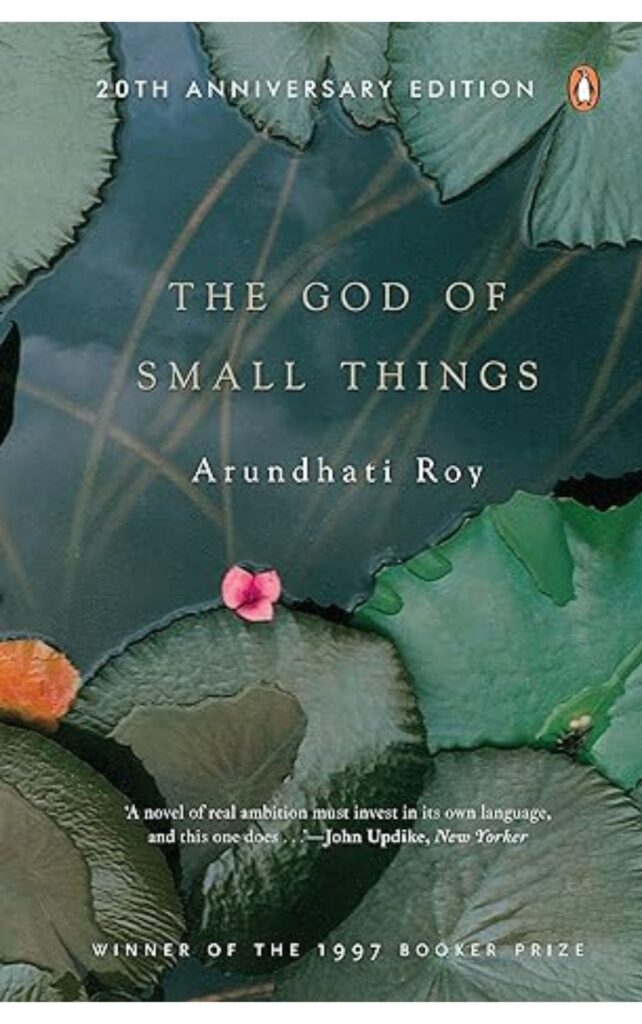
“The God of Small Things” (1997): This is a pioneering debut novel that weaves a sensitive and complicated story. About family connections and cultural standards in post-colonial India.
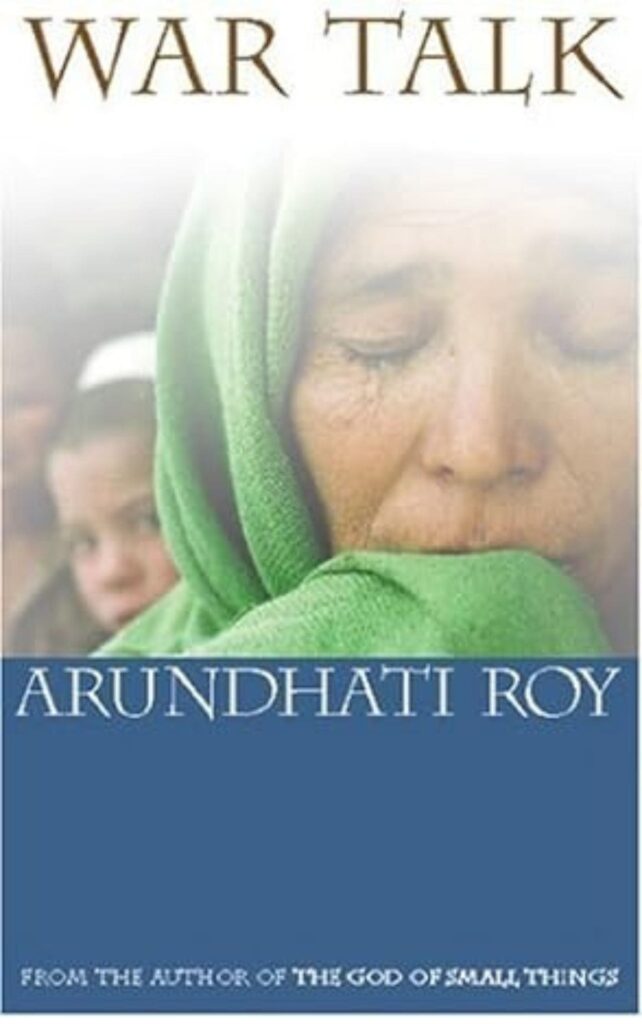
“War Talk” (2003): A collection of articles in which Roy applies her acute intellect and critical eye to issues. Such as the effects of war, imperialism, and the fight for justice, demonstrating her flexibility as a writer and activist.
Jhumpa Lahiri
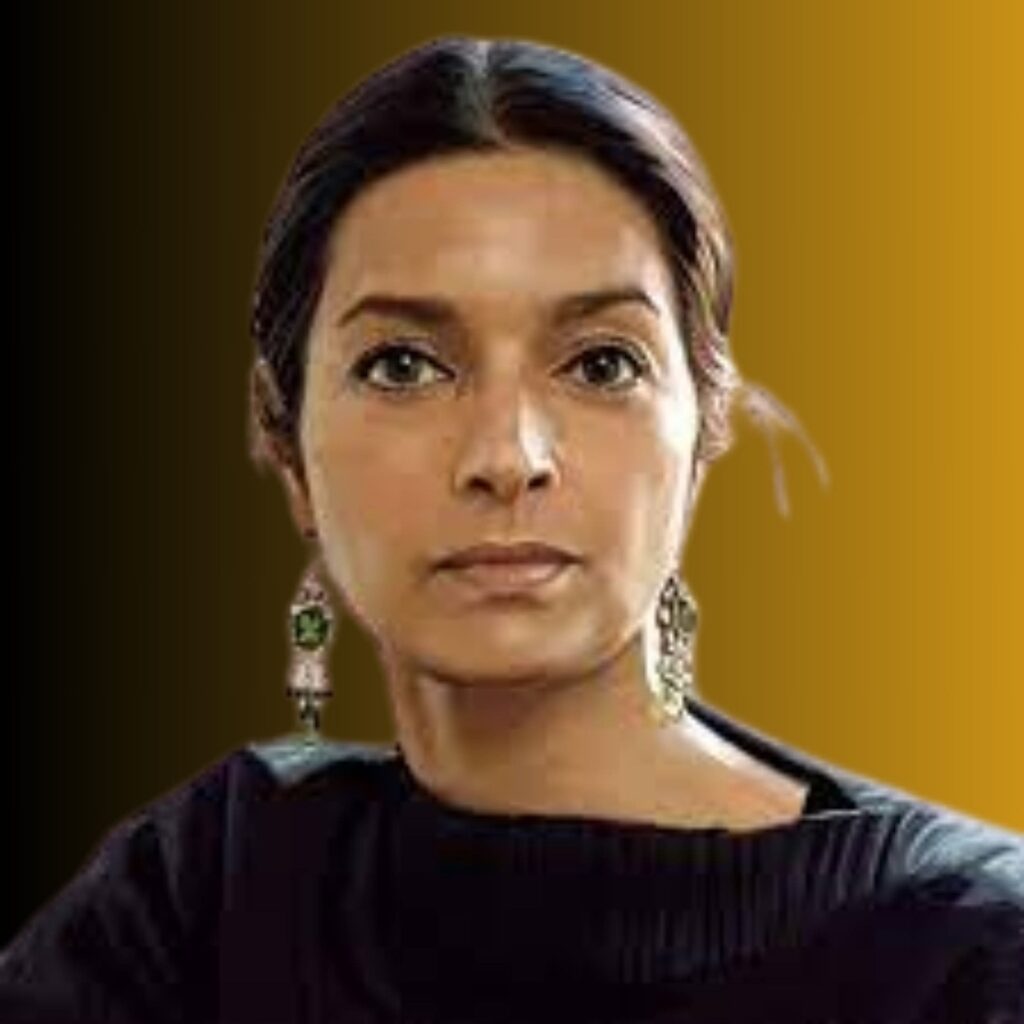
Jhumpa Lahiri, an accomplished American novelist, was born on July 11, 1967, in London to Bengali immigrants. She is known for her moving and beautifully written pieces on identity, cultural displacement, and the intricacies of human relationships. Lahiri’s work frequently digs into the realities of the Indian and Bengali diaspora in the United States, providing readers with a deep understanding of the complexities and intricacies of navigating between distinct cultural realms.
Jhumpa Lahiri Wrote Noteworthy Book
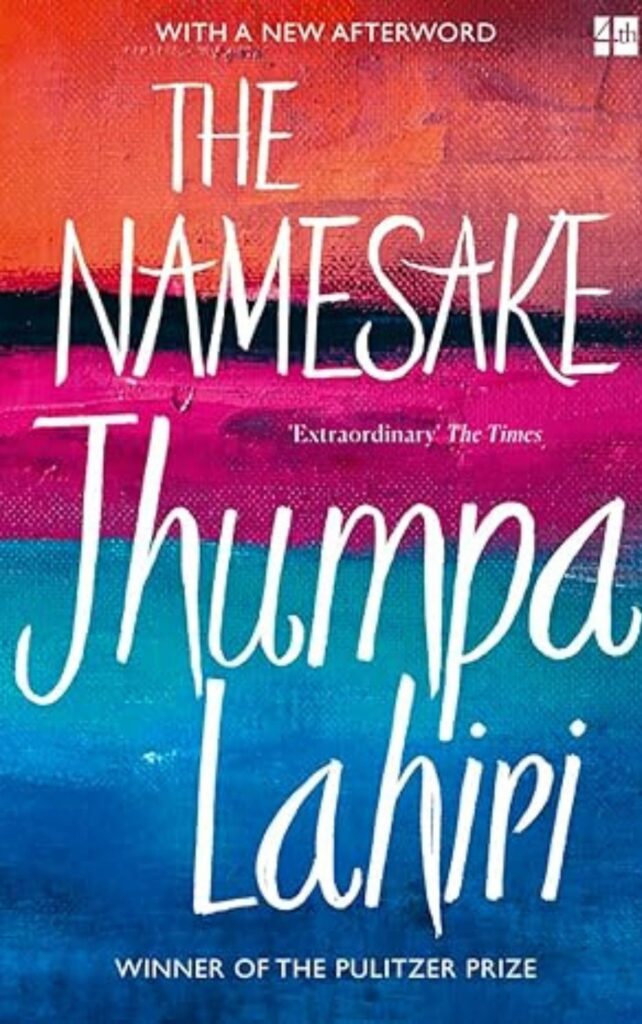
“The Namesake” (2003): As Lahiri’s first novel, “The Namesake” delves into the life of Gogol Ganguli, an Indian-American man whose name becomes integral to his quest for identity. The narrative explores the struggles of balancing two cultures and examines how one’s name can profoundly influence their sense of self. Mira Nair later directed the cinematic adaptation of the novel.
Vikram Seth
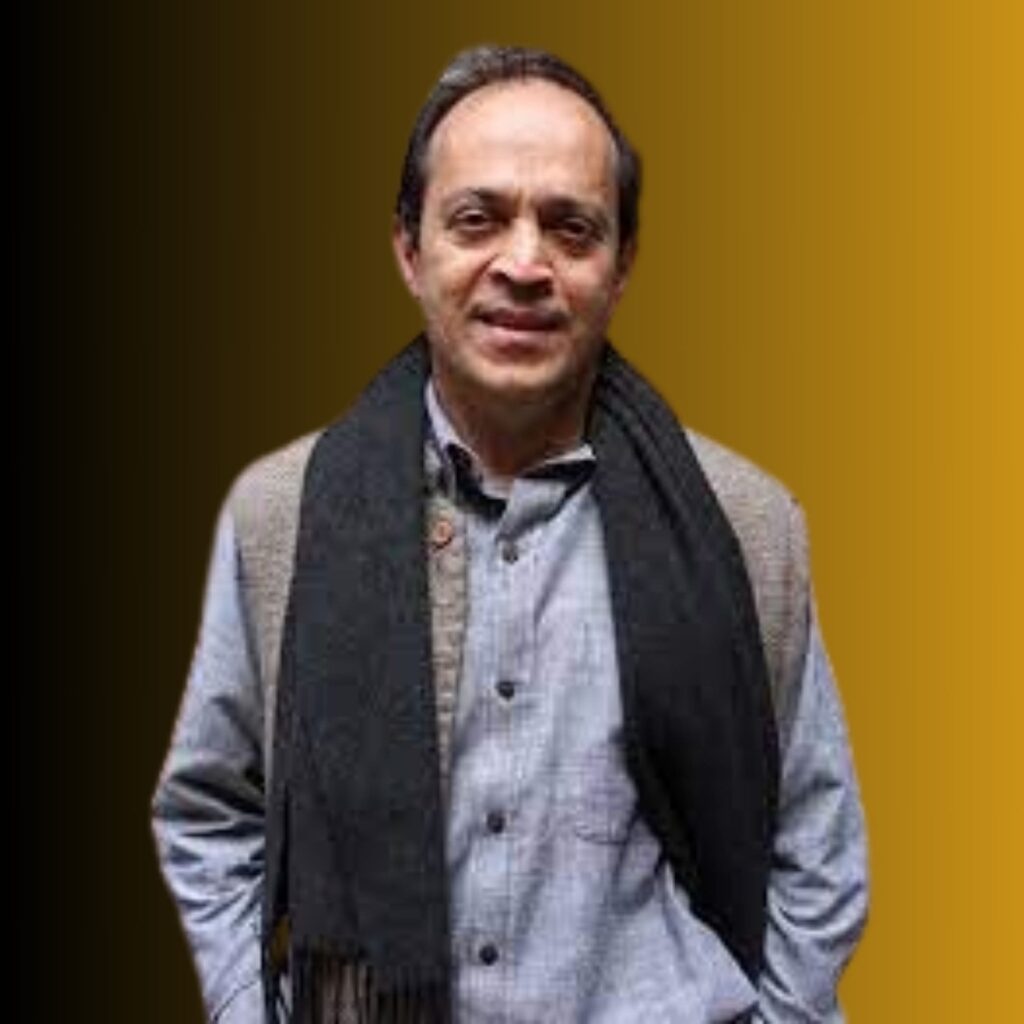
Many people highly regard Vikram Seth, an Indian novelist and poet, for his numerous creative achievements. Seth, born on June 20, 1952, in Kolkata, India, has made a significant contribution to the world of literature by smoothly weaving deep plots, rich character development, and beautiful language.
Best by Vikram Seth
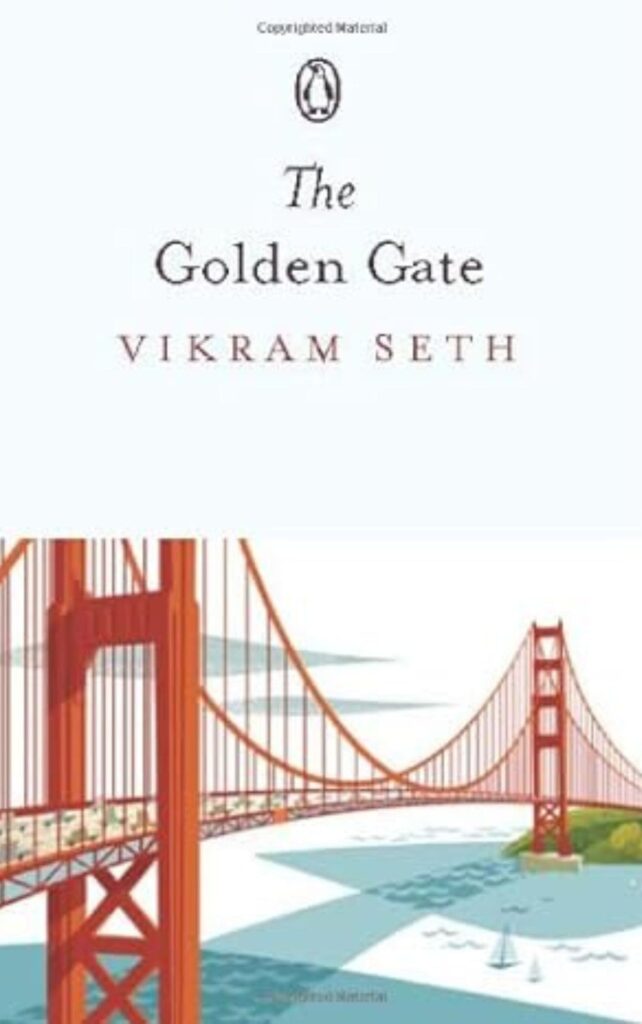
“The Golden Gate” (1986): A novel in verse, set in San Francisco, that delves into the lives and relationships of a group of young professionals. The use of the sonnet form adds a unique dimension to the storytelling.”
Conclusion: Best Indian Authors
Indian literature weaves together threads of different experiences, attitudes, and feelings. Best Indian authors have left an indelible mark on the world of literature. The classics to the thinkers who paved the way for modern voices who continue to shape the conversation. His works go beyond borders, providing readers with a deep understanding of the intricacies of Indian culture, society, and the human experience. Engaging with the works of these great writers is like embarking on a timeless voyage, diving deep into their wisdom and insight, and exploring languages and the core of humanity.





